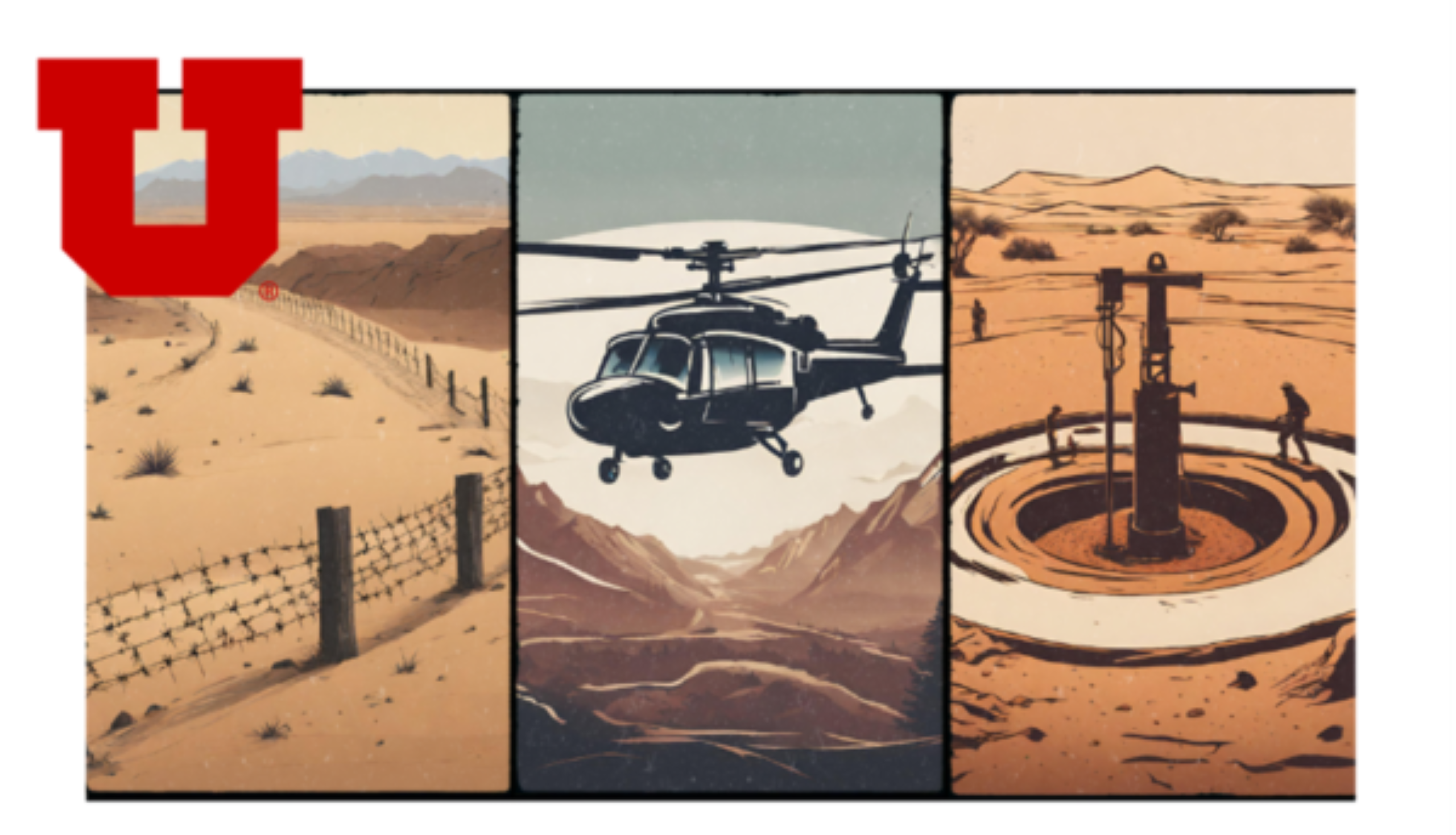
The University of Utah has launched the Remote and Austere Conditions (RAC) Grand Challenge, an initiative aimed at fostering innovation to support research, engage communities, and care for patients in the intermountain region.
The U.S. Army defines remote and austere conditions as “environments where access to clean water, electricity, and to a fixed or mobile medical facility is significantly degraded or denied, and where diagnostic and treatment resources and medical personnel are unavailable or limited for extended periods of time.” These conditions are prevalent in the intermountain region, characterized by vast frontier lands with fewer than 20 people per square mile and a minimum 30-minute travel time to essential services.
The RAC Grand Challenge funds innovations designed to address the unique threats in these extreme environments. The desired advancements range from communication technologies and robotics to patient triage and resuscitation techniques, as well as behavioral and community interventions.
Faculty researchers at the University of Utah were invited to submit proposals that included a cover page, problem statement, research narrative, timeline, team, budget, and references.
Proposals can address any topic relevant to remote and austere conditions. The University of Utah listed examples which include power generation, resuscitation techniques, environmental hazards, telemedicine, digital health, remote education, and more.
The top teams were selected to present their ideas in a pitch competition in July 2024. The pitch competition was judged by an expert panel from within science, industry, and funding agencies interested in remote and austere conditions. Teams may be awarded up to $250,000 of direct costs for projects.
As the University of Utah’s RAC Grand Challenge addresses the critical needs of remote and underserved areas, it shows its dedication to advancing scientific knowledge while also enhancing communities’ quality of life. Programs such as this highlight the innovative mindset and supportive environment in Utah.

